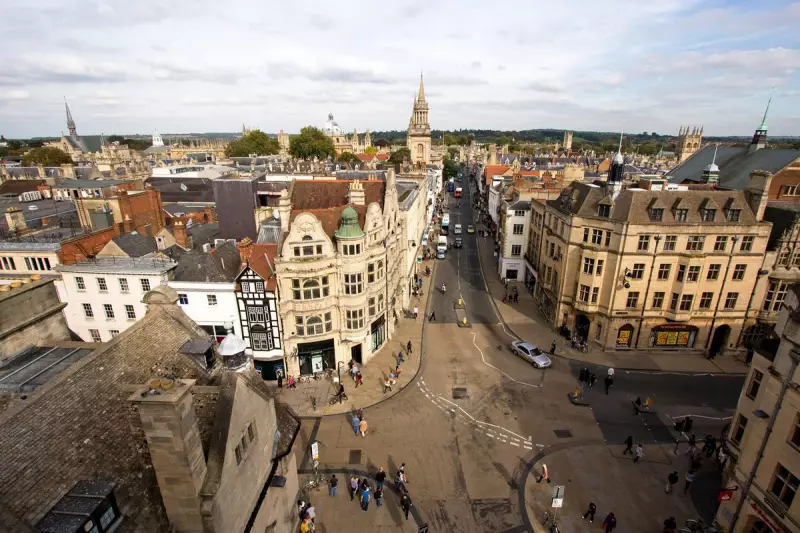
Oxfordshire County Council has ignited a firestorm of controversy with its newly implemented traffic filter scheme, imposing a hefty £7 daily charge on vehicles that fail to meet specific emissions standards. The divisive policy, designed to slash congestion and improve air quality in the historic city centre, has been met with staunch opposition from local businesses and residents who fear it will cripple the local economy.
How the Oxford Traffic Filters Work
The system operates through six strategic traffic filter points located on key routes into the city centre. Unlike a traditional city-wide congestion zone, these filters are active only during specific hours: from 7 am to 7 pm. During this window, drivers of non-compliant vehicles must pay the fee to pass through.
It is crucial to note that the scheme is not a charge for simply entering Oxford, but specifically for driving through one of these filters. The council has emphasised that numerous roads remain accessible without incurring any cost, allowing for circulation around the perimeter.
Exemptions and Who Pays the Price
A significant number of vehicles are exempt from the charge, including:
- Blue Badge holders
- Emergency service vehicles
- Buses and coaches
- Taxis
- Vehicles belonging to residents within the zone (under a permit scheme)
- Commercial vehicles with a gross vehicle weight of over 3.5 tonnes
The charge primarily targets older, more polluting petrol and diesel cars, vans, and motorcycles that do not meet the required emissions standards. Drivers of non-exempt, non-compliant vehicles have until midnight on the sixth day after their journey to pay the £7 fee, after which a Penalty Charge Notice (PCN) of £70 will be issued, reduced to £35 if paid promptly.
A City Divided: Support and Backlash
Proponents of the scheme, including environmental campaigners and some councillors, argue that it is a necessary and bold step towards tackling Oxford's chronic traffic issues and illegal levels of air pollution. They believe it will encourage a shift towards public transport, cycling, and walking, ultimately creating a healthier, more pleasant city environment.
However, the policy faces vehement criticism. Local business owners warn it will deter customers and severely impact trade, acting as a 'tax on the high street'. Many residents have expressed outrage over the increased cost of living and the perceived restriction on their mobility, with some labelling the charge 'highway robbery'.
The debate continues to rage as Oxford becomes a test case for other UK cities considering similar measures to address urban congestion and emissions.





